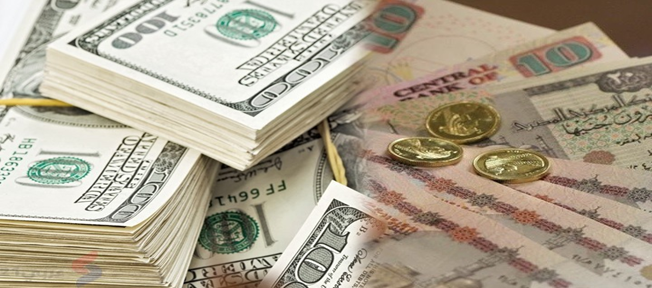
The Egyptian government said Tuesday that it had inked a series of deals to sell off $1.9 billion worth of stakes in state-owned companies, in a move that promises to bolster Egypt’s ailing private sector.
The stake sales are seen as crucial to Egypt’s chances of easing prolonged pressure on the Egyptian pound, attracting badly needed dollars, and launching economic reforms under a $3 billion IMF loan program.
Prime Minister Mostafa Madbouly said in a televised news conference that the government received $1.65 billion and the equivalent of $250 million in Egyptian pounds in the sales. Madbouly said the sales included an unspecified amount of shares in the country’s large state-owned communications company, Telecom Egypt.
Among the other sales outlined in Tuesday’s presser was a deal to sell off stakes from 25% to 30% in the chemicals company Elab, petrochemicals firm Ethdyco, petroleum firm Egyptian Drilling Company to the Abu Dhabi Development Holding Co. for $800 million, and a deal to raise $700 million by offering capital in a portfolio of hotels, according to Planning Minister Hala el-Said.
The stake in the hotels, which include historic properties in Cairo, Alexandria and Luxor, was awarded to ICON, the hospitality arm of Egyptian real estate group Talaat Mostafa (TMGH.CA), she said.
“These are all done and binding,” Said stated after a press conference attended by senior members of the cabinet, according to Reuters.
The government is about one-quarter through a list of 32 state companies that it announced it would sell stakes in, and is preparing stake sales in other companies for later, said Madbouly.
Egypt expects to increase its annual inflow of hard currency by $70 billion per year to reach $191 billion by 2026, he added.
Neither minister specified how many state companies were involved in the $1.9 billion worth of sales or when the agreements were reached.
The government had a target of raising $2 billion from stake sales by the end of June, but its efforts faced delays in recent months, driving down the value of the pound on the parallel market.
The pound has lost about half its value against the dollar since early last year at the official exchange rate and inflation is at record highs.
The move is part of a major privatization reform to sell stakes in at least 32 state-owned companies, from petrochemical firms to major banks, in a bid to downsize Egypt’s public sector. The plan was first unveiled in January.
The program is a key goal of a $3 billion bailout package that Egypt secured from the International Monetary Fund in December to help the cash-strapped North African economy weather recent shocks to the global economy, including the COVID-19 pandemic and Russia’s war in Ukraine.
Since the war in Ukraine began in February 2022 the Egyptian pound has lost over 50% of its value against the dollar, with annual inflation reaching over 36% last month. Egypt, a country with over 105 million people, is the world’s largest wheat importer. Most of its wheat imports traditionally come from Ukraine.
In recent months, the Central Bank of Egypt has tried to contain inflation, including raising its main interest rate and devaluing the Egyptian pound
According to government figures, over a third of Egyptians live in poverty.
Madbouly said similar deals worth around $1 billion will soon be announced.



